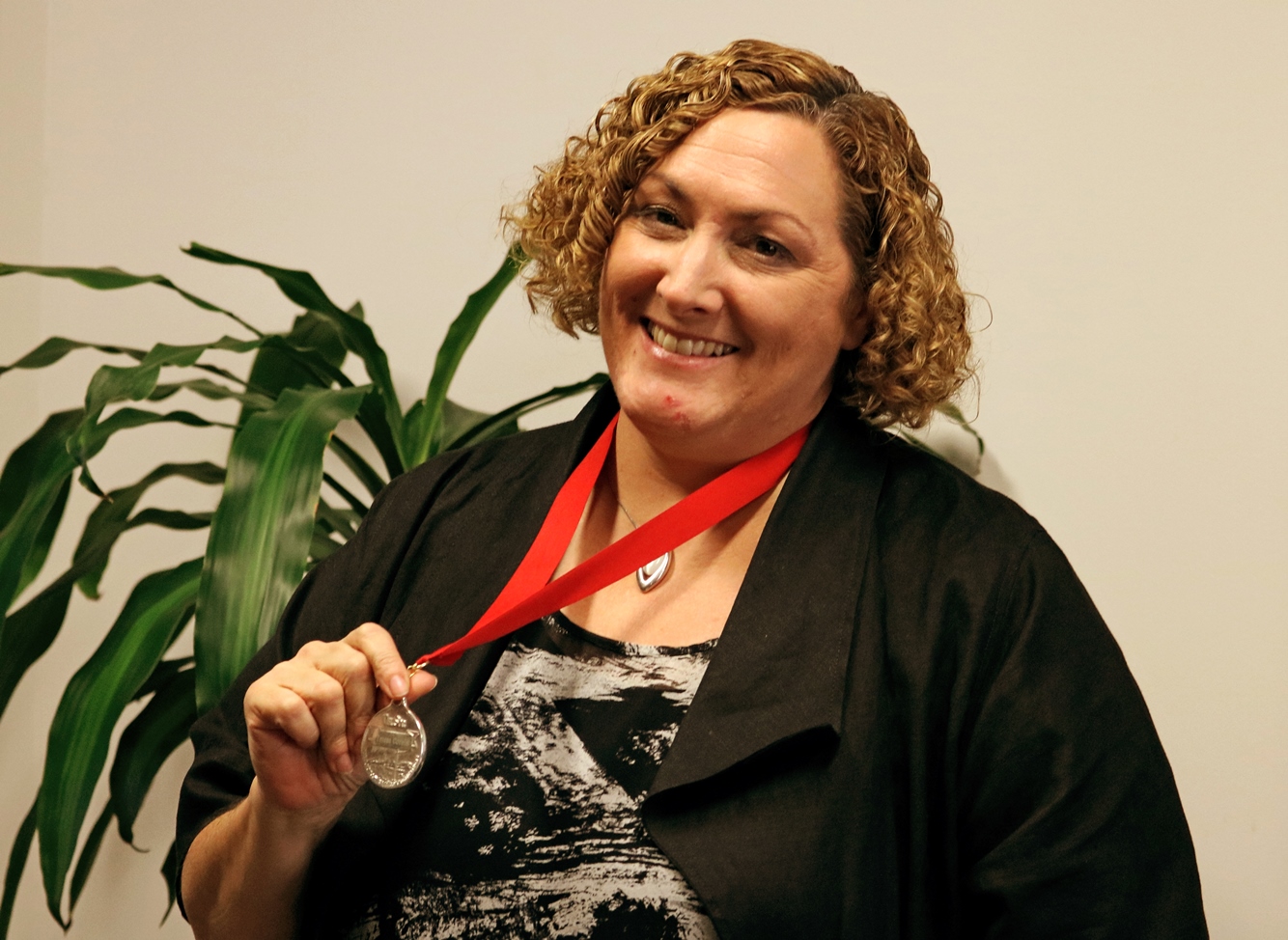- Details
A complaint sent by the Australian Communications Consumer Action Network (ACCAN) to the Australian Competition and Consumer Commission (ACCC) today (7 June) details six separate examples of telecommunications advertising that the consumer group believes breach the Trade Practices Act because they are misleading, deceptive or unfair – and sometimes all three.
Read more: ACCAN calls time on misleading telco advertisements
- Details
Learning how to use and monitor your download usage effectively is the best protection against high bills. This ACCAN Consumer Meeting will provide information about how to avoid bill shock as well as assistance for case workers advising consumers about how to get redress for any complaints related to download bill shock.
Read more: Consumer Meeting: Bill Shock and Data Downloading
- Details
Australian Communications Consumer Action Network held an afternoon seminar on 4 November, looking at responsive regulation and effective policy making, and how engagement with consumers can be enhanced to get better results. This forum looked beyond the current, sterile stand-off between consumers on one side and policy makers and regulators on the other to meeting each other’s needs.
- Details
Queensland Remote Aboriginal Media (QRAM)
Grant round: 2015
Grant: $49,600
- Details
 Last week, ACCAN's Disability Policy Advisor, Wayne Hawkins, presented at the NDIS New World Conference 2015 in Brisbane. The theme for the Conference was: Disability in the 21st century.
Last week, ACCAN's Disability Policy Advisor, Wayne Hawkins, presented at the NDIS New World Conference 2015 in Brisbane. The theme for the Conference was: Disability in the 21st century.
The event featured speakers from a range of organisations including Apple, National Disability Services, Ernst and Young and the National Disability Insurance Agency.
Wayne sat on the panel of the Universal Accessibility session, facilitated by Sean Fitzgerald, Director C3 Solutions. Other panellists included James Thurston from G3ictr, Daniel Hubbell from Microsoft and Dr Scott Hollier from Media Access Australia.
Read more: Why is accessible ICT important?
Write comment (0 Comments)- Details
The Australian Communications Consumer Action Network (ACCAN) has formed an alliance of organisations representing the interests of Australians who are Deaf, hearing impaired and those who rely on captions for information, to bring attention to the growing issue of inaccessibility of online audio/visual content being posted to websites. Specifically, there are concerns around the amount of video content that is being auto-captioned on YouTube as the vast majority of these videos are not being reviewed for accuracy or readability.
An ad hoc survey of Australian Government websites found a range of problems with video captions, including videos with no captions, video captions with minor misspellings and videos with completely incomprehensible captions. Go to ACCAN's Facebook page to view a photo album containing examples of incomprehensible captioning. The websites of many Australian politicians, political parties and Government agencies feature these inaccessible videos.
Read more: Online video captions must be accurate and readable
- Details
 All across Australia Schoolies celebrations are about to begin for many year 12 students. While travelling for Schoolies, or celebrating at parties, young people will undoubtedly have their smartphones with them along the way.
All across Australia Schoolies celebrations are about to begin for many year 12 students. While travelling for Schoolies, or celebrating at parties, young people will undoubtedly have their smartphones with them along the way.
Below we've put together some tips for young people to ensure they use their smartphones safely.
Avoid risky behaviours
What happens at Schoolies doesn't always stay at Schoolies - especially if it's recorded in an image or video on a smartphone.
Read more: Schoolies, sexting and smartphone safety
Write comment (0 Comments)- Details
The Australian Communications Consumer Action Network (ACCAN) congratulates the telcos involved in the TIO and Communications Alliance quarterly Complaints in Context report for their efforts in reducing the number of complaints for the April-June 2015 quarter. The latest report shows that Vodafone, Telstra, Optus, amaysim and Pivotel had 6.5 TIO complaints per 10,000 services in operation (SIO) for the quarter, a decrease of 9.7 per cent on the previous quarter, and a 14.5 per cent drop when compared to April-June 2014.
Three out of the five telcos recorded lower complaints when compared to the previous quarter. This is a great result and is good for consumers. It's also positive to see smaller provider, Pivotel joining the Complaints in Context reporting.
Read more: ACCAN congratulates telcos on decreasing complaints
- Details
The summary below outlines ACCAN's activities from 1 June to 31 August 2015.
- Details
The Universal Service Obligation (USO), which guarantees every premises access to a voice service, is outdated. Ensuring that the obligation is updated and that data and voice services are available to all is a key area of work for ACCAN.
Following our event in February, Rethinking the USO, and the findings of the Regional Telecommunications Review 2015, there was a need for further examination of options for the USO that delivers better for consumers. As such, ACCAN contracted John de Ridder, telecommunication economist, to prepare an Occasional Paper for ACCAN on the future of the USO to feed into our work and provide new perspectives.
Read more: The future of the Universal Service Obligation (USO)
- Details

In her speech of thanks, Teresa stressed the importance of addressing consumer interests in the marketplace and noted that the best outcomes were achieved when consumers and industry worked together constructively.
Read more: ACCAN CEO recognised with Charles Todd Medal
Write comment (0 Comments)- Details
The Australian Communications Consumer Action Network (ACCAN) says that consumers should be aware of the high fees charged for calling directory assistance numbers. Today Telstra has introduced a $0.50 charge for directory assistance calls from landlines and other telcos charge for these calls often outside of the included plan value. Telstra customers on the Pensioner Discount are exempt from the $0.50 charge for directory assistance calls. See ACCAN's tip sheet for directory assistance call charges from a range of landline and mobile providers.
Wherever possible, consumers should use free, online methods of accessing this information. Directory information can be accessed online from the White Pages website or smartphone app or even by doing a simple Google search for the company or service required. However, ACCAN is concerned that call charges to directory assistance numbers may unfairly impact on consumers who don't have internet access or who aren't comfortable using the internet.
Read more: Consumers should be aware of charges for directory assistance calls
